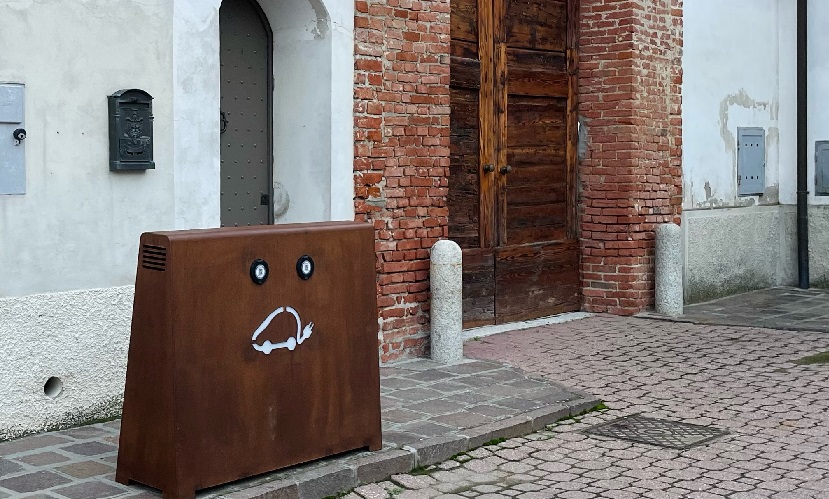Since its founding in 2017, Rossini Energy has installed approximately 2,000 electric vehicle charging points, distributed across Belgium, France, and Italy.
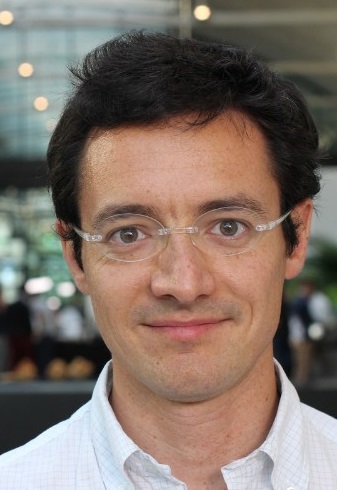
Now, Luca Rossini, CEO and co-founder of the company, reveals to Mobility Portal Europe that they will launch a new product, called “La Centrale.”
The first series of this charger is currently in development, with plans to introduce this new addition in mid-April during Milan Design Week.
“There will be different customizations, various colours, and we would like to hold an exhibition in the centre of Milan, with some artists decorating them with their personal designs,” indicates Rossini.
Regarding market destinations, the CEO reveals: “We are thinking about Switzerland.”
Additionally, they highlight that they have received several inquiries from Scandinavia.
It is worth mentioning that, in addition to its design, one of the main features of this product is that it does not require a heavy installation process and civil works.
“We designed a self-sustaining charging point that simply sits in the parking lot,” Rossini indicates.
Furthermore, he clarifies that this idea arose from the need of clients who organize temporary events such as campsites, festivals, or seasonal hotels.
In this sense, the unit can be sporadically placed in a location before being transported elsewhere.
“You only need a cable to power it, which connects to the building’s power where it’s located, and it’s ready to go,” Rossini points out.
The equipment’s software operates through QR codes. Thus, the service can be paid with a credit card or Apple pay.
For those individuals who are employees of the company that owns the chargers, they simply log into the system using a username and password to charge for free.
Rossini Energy’s catalogue also includes other products.
For instance, the company offers a charging station made of recycled aluminium, with power options of seven, 11, or 22 kilowatts.
They also market a similar product made of Douglas fir wood, and it can also be installed on the wall.
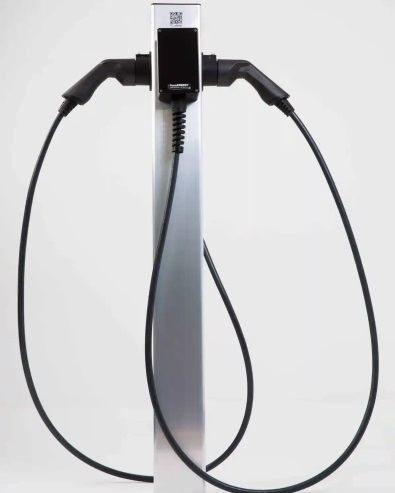
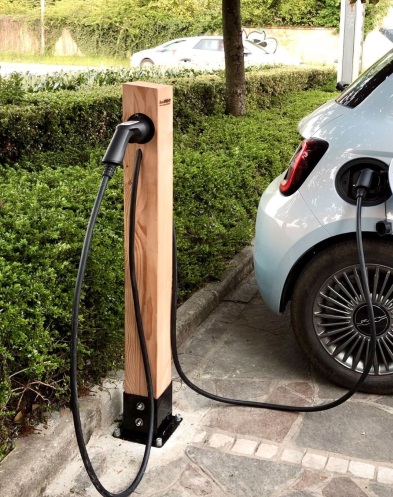
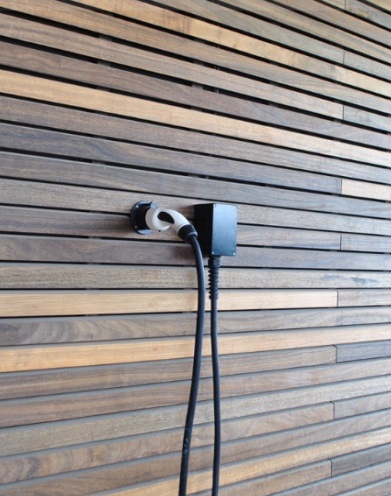
Additionally, the company offers other “unconventional” equipment.
One of these is the FlowerPower, a charging station shaped like a planter, which is manufactured and designed in France.
This equipment simply needs to be installed and connected to the appropriate power outlet to start functioning.
It is equipped with two three-phase charging points, providing a power output of 22 kilowatts.
Furthermore, equipped with QR codes, FlowerPower allows for the recharging of any electric car without the need for a card or subscription, providing an accessible charging solution.
It can be rented for events and special occasions for periods ranging from 72 hours to 12 months (renewable) for professionals and individuals.
Additionally, it is worth mentioning that the two companies RossiniEnergy (Villeneuve d’Ascq) and Saint-Alman (Saint-Méard-de-Gurçon) joined forces to combine tradition and electric mobility, thanks to a charging station that integrates elegantly and discreetly into the interior of orange crates.
The “Caisse à Orangers” is perfect for companies, communities, or individuals who want to have a charging station without distorting their spaces.
Finally, it is worth highlighting that the company offers a pine wood parking lot equipped with bifacial photovoltaic panels that provide solar energy.
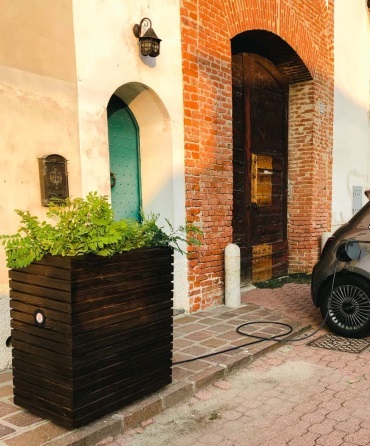

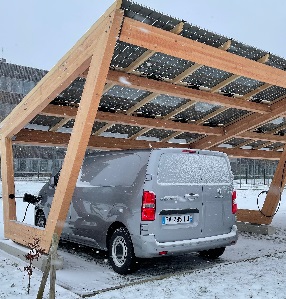
Rossini Energy on French eMobility subsidies: “It’s too early to halt them”
In conversation with Mobility Portal Europe, Luca Rossini explains the reality of the eMobility market in France and the challenges it faces.
“Subsidies have nearly dried up for our clients looking to acquire charging infrastructure. This has had a direct effect, as we see the market slowing down,” Rossini notes.
He continues, “It’s too early to halt the subsidies. They should continue.”
It is worth mentioning that France has the ADVENIR program, led by Avere-France.
Since 2016, this plan has helped accelerate the deployment of stations nationwide, supporting various groups: individuals in collective buildings, condominium administrators, businesses, communities, and public entities.
With a budget of 320 million euros, the goal is to fund 175,000 new points.
Although the program is progressing well, it is estimated to conclude in 2025.
Furthermore, regarding the need for subsidies, he highlights the case of Italy: “In other countries like Italy, there were no subsidies, but they are coming. Subsidizing charging points is justified because electric vehicles are already subsidized.”
Regarding the obstacles facing the eMobility sector, the company’s CEO explains that the main issue relates to “capital availability.”
“Interest rates have decreased in infrastructure investments,” he comments.
And he continues: “The second reason has to do with the fact that in France, electricity used to be very cheap. But now it has grown a little closer to the European average price.”
Regarding market trends, Rossini explains that, unlike slow charging, “fast charging is a smaller market because it’s only significant when you’re traveling.”
In this regard, he emphasizes the importance of charging vehicles at home overnight or at workplaces during the day.




